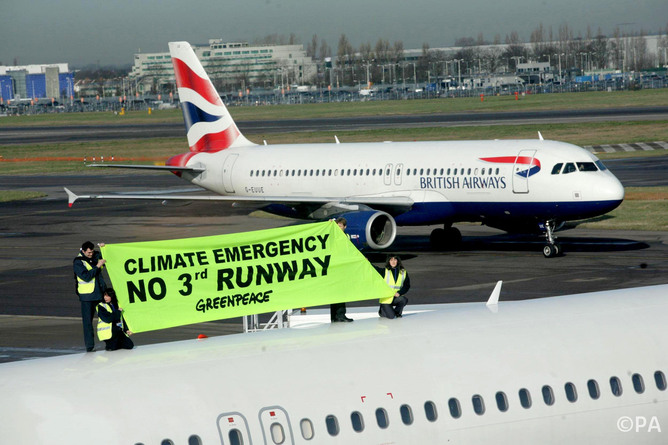 The surest way to tell if an organization is a politically partisan one is if they make sure to claim flaws in their opposition and ignore the entire swath of the people on their side. Sourcewatch, for example, can't find a single thing wrong with Natural Resources Defense Council, which has $300 million in the bank, whereas they dismiss the organization I run, the American Council on Science and Health, as 'industry shills' because ACSH proudly makes its donors public while NRDC, which generates more money in interest in one day than the Council's budget for the entire year, gets a free pass while never telling anyone where their money really comes from.
The surest way to tell if an organization is a politically partisan one is if they make sure to claim flaws in their opposition and ignore the entire swath of the people on their side. Sourcewatch, for example, can't find a single thing wrong with Natural Resources Defense Council, which has $300 million in the bank, whereas they dismiss the organization I run, the American Council on Science and Health, as 'industry shills' because ACSH proudly makes its donors public while NRDC, which generates more money in interest in one day than the Council's budget for the entire year, gets a free pass while never telling anyone where their money really comes from.Mother Jones runs a biannual piece claiming the Council is a corporate front group but when Greenpeace announced they were hiring New York Times and BBC journalists...nothing. No criticism, no claims that it was just environmental public relations, nothing.
Now, no one expects Mother Jones (which also does not disclose its donors - good luck even finding a recent Form 990) to be non-partisan but what about the rest of media? Privately, the journalists from the BBC and the New York Times (and Mother Jones) not rushing to put in resumes are skeptical that this is legitimate.
But why? The New York Times isn't corporate-funded? Of course they are. There is no way to know if editorial decisions are being skewed by that, we instead have to rely on integrity, the exact thing that partisan media - and groups like Greenpeace - claim cannot be possible if you got an unrestricted donation from a corporation rather than buying a full-page ad. NRDC does run full-page ads in the New York Times so if a cynic correlated all of the coverage NRDC gets in that paper and compares it to the coverage ACSH gets, despite our being far more respected when it comes to science, the link between buying full-page ads and devoted column-inches is obvious.
Instead of discussing the obvious about Greenpeace - that either funding is not making a difference in coverage unless it is shown to be the case or Greenpeace is manufacturing press releases written by former journalists - people have been scrambling to claim that not only is Greenpeace creating an in-house journalism department a legitimate thing, it is necessary.
Matthew Powers, Assistant Professor of Communication at the University of Washington, believes that it's necessary because "news media’s financial woes make it difficult to adequately cover issues like climate change, human rights and global poverty."
Except science media didn't collapse because of finances - there are 65 million Americans who claim to be interested in science, almost as large as sports. That means there are plenty of eyeballs to afford science media. It instead collapsed because science media was considered by the public as too political. And skewed coverage is what caused that perception.
Who perpetuated anti-vaccine beliefs? Corporate media. Frankenfood hysteria? Corporate media. Anti-natural gas? Corporate media again. Yet for Greenpeace, that same corporate media is not biased enough - they created Energy Desk to promote their own spin on climate change studies and not enough journalists used it - so they may feel they need to hire politically sympathetic journalists to do their own "investigations."
Would these journalists have been allowed to investigate when it was discovered that a prominent Greenpeace executive was commuting 250 miles to work by airplane? Or that they lost a fortune using member donations to gamble in the stock market? Science 2.0 did. The American Council on Science and Health did.
If their journalists can't publish it, or don't care enough to ask, then they aren't journalists, they are a public relations tool.
Top image: Greenpeace/PA




Comments